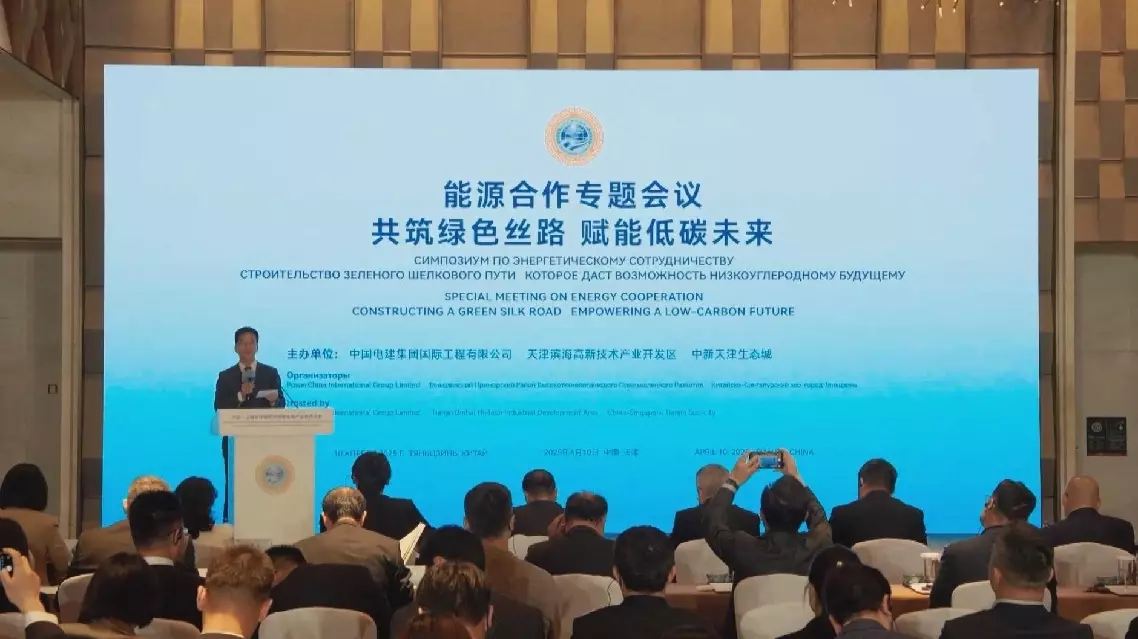The Africa Centers for Disease Control and Prevention (Africa CDC) on Tuesday declared the ongoing mpox outbreak in Africa as a Public Health Emergency of Continental Security (PHECS).
Africa CDC Director-General Jean Kaseya, while addressing a special online media briefing on the multi-country mpox outbreak in Africa, made the declaration of PHECS, and expressed concern over the rapid spread of the disease, mainly from the Democratic Republic of the Congo (DRC) to its neighboring countries.
In recent weeks, health experts have also expressed concern as the new and more deadly strain of the mpox virus spread from the DRC to 15 other countries.
Burundi, Kenya, Rwanda and Uganda are among countries that have reported mpox cases for the first time.
According to Africa CDC data, there have been over 17,500 cases of infections of mpox and more than 500 deaths on the continent this year.
The declaration is a call to leaders to make resources available to help fight the outbreak.
The continent's top public health body said Africa needs 10 million mpox vaccine doses but currently has access to only 200,000.
The World Health Organization (WHO) said on Aug. 8 that the African region is experiencing a record increase in mpox cases since the start of 2024, with more countries previously unaffected by the disease reporting cases in an expanding spread of the virus.
The WHO has since elevated the mpox outbreak response to the highest level, requiring organization-wide mobilization and scale-up.

Africa CDC declares mpox public health emergency of continental security

Africa CDC declares mpox public health emergency of continental security

Africa CDC declares mpox public health emergency of continental security

Africa CDC declares mpox public health emergency of continental security
A conference on sustainable development cooperation among Shanghai Cooperation Organization (SCO) member states concluded with the signing of 18 key projects worth a total of 4.795 billion yuan (about 655.5 million U.S. dollars) on Thursday in north China's Tianjin Municipality.
The projects, covering new energy, new materials, infrastructure, and automotive supply chains, are expected to boost practical cooperation among member states.
Nearly 400 guests, including officials and enterprises from SCO member states, attended the opening session. The conference is part of a series of activities ahead of the upcoming SCO summit in China this autumn.
The agreements involve eight countries, including the UAE, Egypt, and Uzbekistan. Notable projects include a 200-megawatt transformer substation in Egypt's Suez Canal Economic Zone and a collaboration between the UAE and Tianjin Municipality to help local enterprises expand overseas.
Ahmed El Homosani, CEO of the Sczone Utilities, highlighted the importance of the power substation project in attracting quality investments. "What we are going to sign is a framework agreement regarding building a new substation, 200 mega of electricity power. It will attract more and better investments," he said.
Meanwhile, Avinash Jagetiya, CEO of UAE's Sun Management Consulting, emphasized the significance of the cooperation agreement with Tianjin. "Yes, I'm certainly looking forward to this conference and that is the reason I'm here. And in this conference also we are going to sign an MOU (Memorandum of understanding) with Tianjing government. And this project is a step forward in serving the Tianjin enterprises and expanding their footprints and overseas market," he said. The conference also featured specialized sessions on energy, infrastructure, and mining cooperation. Energy cooperation was a focal point, with representatives from Kyrgyzstan noting increased interest from Chinese investors in energy projects.
"At present, a large number of Chinese investors are directly engaged with Kyrgyzstan's State Investment Agency for energy projects, including hydropower, solar and wind power plants," said Maksatbek Botoyarov, chief specialist of the Department of Investment Attraction and Regional Development of Kyrgyzstan.
Participants, including representatives from traditional energy firm LONGi, expressed commitments to increasing investments in the new energy sector and exploring green transformation pathways with SCO members.
"Over the years, we have developed green electricity and green hydrogen products and technical solutions to help these SCO countries achieve their sustainable development and energy transition. We are also actively communicating with the Kazakh government to formulate specific plans and programs for implementation," said Shi Shufeng, marketing director of LONGi's Central and East African Market.

SCO sustainable development conference secures 18 projects involving nearly 4.8 bln yuan

























































